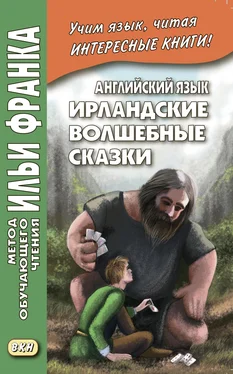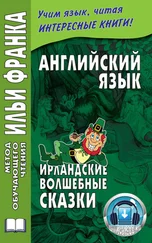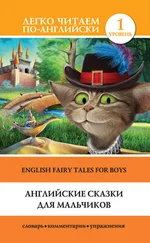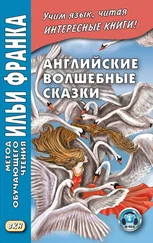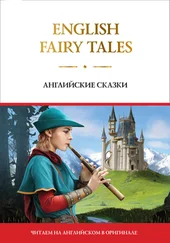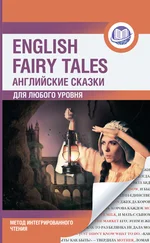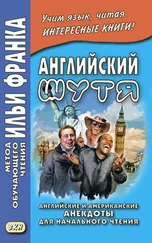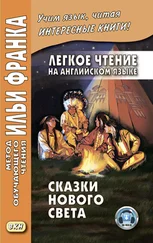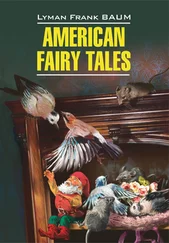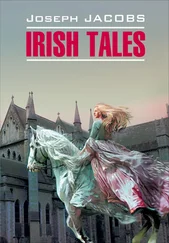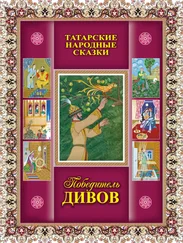“Haven’t you your head?” asked the giant of Loch Léin, for it was he that was in it.
“I have,” answered the king’s son.
“So have I my head,” said the giant; “and we’ll play for each other’s heads.”
This third time the giant won the game; and the king’s son was to give himself up in a year and a day to the giant in his castle.
The young man went home sad(молодой человек пошел домой печальным) and weary(и уставшим; weary ['wɪərɪ] – усталый, изнуренный, утомленный ) . The king and queen were outside watching(король и королева были снаружи = на улице , поджидая /его/; outside – снаружи; на улице, вне дома, помещения и т. п.; to watch – наблюдать, следить; поджидать, выжидать, высматривать ) , and when they saw him approaching(и когда они увидели, что он приближается: «увидели его приближающимся»; to approach [ə'prəʋʧ] – подходить, приближаться ) , they knew great trouble was on him(они поняли, /что/ он попал в большую беду: «они знали/узнали, /что/ большая беда была на нем»; to know [nəʋ] – знать; понимать, осознавать; great [ɡreɪt] – большой, огромный, громадный; trouble ['trʌbl] – беспокойство, волнение, тревога; беда, злоключение ) . When he came to where they were(когда он подошел к /тому месту/, где они были; where [weə] ; were [wɜ:]) , he wouldn’t speak(он не стал /ничего/ говорить) , but went straight into the castle(а пошел прямо в замок; straight [streɪt]) , and wouldn’t eat or drink(и не стал ни есть, ни пить: «или пить»; eat [i:t]).
The young man went home sad and weary. The king and queen were outside watching, and when they saw him approaching, they knew great trouble was on him. When he came to where they were, he wouldn’t speak, but went straight into the castle, and wouldn’t eat or drink.
He was sad and lamenting for a good while(он был печален и грустен довольно долго: «в течение изрядного времени»; to lament [lə'ment] — плакать, оплакивать; горько жаловаться, причитать, стенать; lamenting – печальный, грустный, скорбный; good [ɡʋd] – хороший; достаточный, обильный, изрядный; while [waɪl] – время, промежуток времени ) , till at last he disappeared one day(пока, наконец, он /не/ исчез однажды: «/в/ один день»; to disappear [,dɪsə'pɪə] – исчезать ) , the king and queen knew not whither(/а/ король и королева не знали, куда; to know – знать; knew [nju:] ; whither ['wɪðə]) . After that they didn’t hear of him(после этого они не слышали о нем) , – didn’t know was he dead or alive(не знали, был ли он мертв или жив; to die [daɪ] — умирать; dead [ded] – мертвый; to live [lɪv] — жить; alive [ə'laɪv] – живой, в живых ).
He was sad and lamenting for a good while, till at last he disappeared one day, the king and queen knew not whither. After that they didn’t hear of him, – didn’t know was he dead or alive.
The young man after he left home(молодой человек, после /того, как/ он оставил дом; after ['ɑ:ftə] – после, спустя; to leave – покидать, оставлять ) was walking along over the kingdom(шел = бродил по королевству; to walk [wɔ:k] – идти, ходить; гулять, прогуливаться; along [ə'lɒŋ] – вдоль; по; over ['əʋvə] – над; поверх; через; kingdom ['kɪŋdəm]) for a long time(долгое время: «в течение долгого времени»; long – длинный; долгий, длительный, продолжительный ) . One day he saw no house(как-то раз он не встретил ни одного дома: «однажды он /не/ увидел никакого дома»; house [haʋs]) , big or little(ни большого, ни маленького: «или маленького») , till after dark(вплоть до того момента, когда, после наступления темноты: «до тех пор, пока после темноты»; dark – темнота, тьма ) he came in front of a hill(он /не/ подошел к какому-то холму: «пред холм»; to come – приходить; front – перед, передняя сторона /чего-либо/; in front of – перед, впереди ) , and at the foot of the hill(и у подножия того холма; foot [fʋt] – нога, ступня; основание, нижняя часть ) saw a small light(увидел слабый огонек; small [smɔ:l] – маленький, небольшой; слабый; light [laɪt] – свет; источник света ).
He went to the light(он пошел к свету = на огонек) , found a small house(обнаружил маленький домик; to find [faɪnd] – находить, обнаруживать; found [faʋnd]) , and inside an old woman(а в нем: «внутри» – старую женщину; inside [,ɪn'saɪd] ; old [əʋld] ; woman ['wʋmən]) sitting at a warm fire(сидящую у теплой печки; warm [wɔ:m] ; fire ['faɪə] – огонь, пламя; печь, камин ) , and every tooth in her head as long as a staff(и /и при этом/ каждый зуб у нее во рту: «в ее голове» /был/ таким же длинным, как посох; tooth [tu:θ] ; staff [stɑ:f]).
The young man after he left home was walking along over the kingdom for a long time. One day he saw no house, big or little, till after dark he came in front of a hill, and at the foot of the hill saw a small light.
He went to the light, found a small house, and inside an old woman sitting at a warm fire, and every tooth in her head as long as a staff.
She stood up(она встала; to stand – стоять; to stand up – вставать; stood [stu:d]) when he entered(когда он вошел; to enter ['entə]) , took him by the hand(взяла его за руку) , and said(и сказала) , “You are welcome to my house(добро пожаловать в мой дом: «ты желанен в моем доме»; welcome ['welkəm] – желанный; долгожданный, приятный: «благо-пришедший»; well – хорошо ) , son of the king of Erin(сын короля Эрина /т. е. Ирландии/ ) .” Then she brought warm water(затем она принесла теплой воды; water ['wɔ:tə]) , washed his feet(вымыла его ноги = ему ступни; to wash [wɒʃ] ; foot [fʋt] – нога, ступня; feet [fi:t]) and legs from the knees down(и ноги до колен: «от колен вниз»; knee [ni:] ; down [daʋn]) , gave him supper(накормила его ужином [3] В современном языке: breakfast – завтрак, lunch – обед, dinner – ужин, однако в старые времена было по-другому: breakfast – завтрак, dinner – обед, supper – ужин.
: «дала ему ужин»; to give [ɡɪv] – давать; gave [ɡeɪv]) , and put him to bed(и уложила его спать: «в постель»; to put [pʋt] – помещать: класть, ставить ).
Читать дальше
